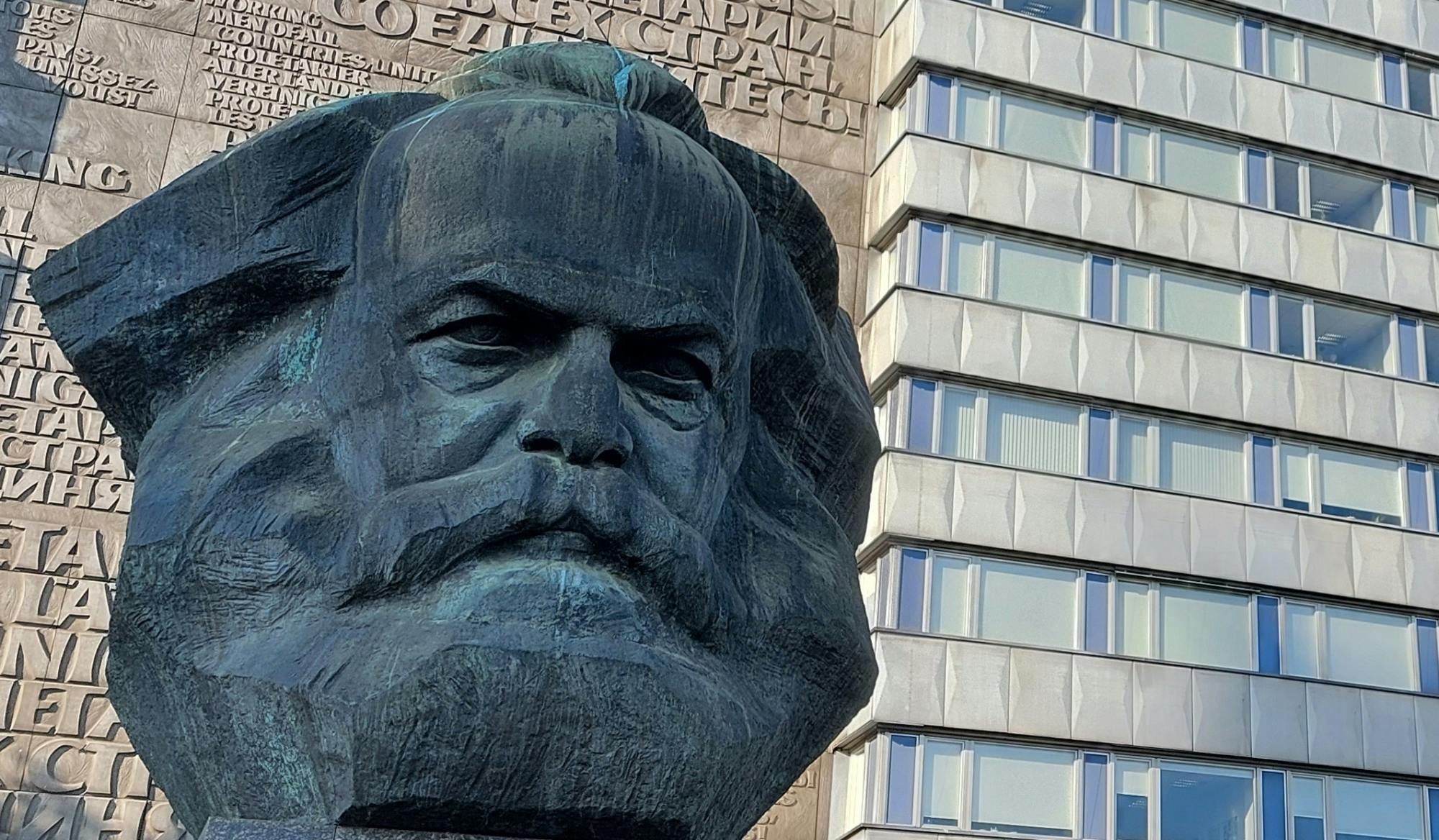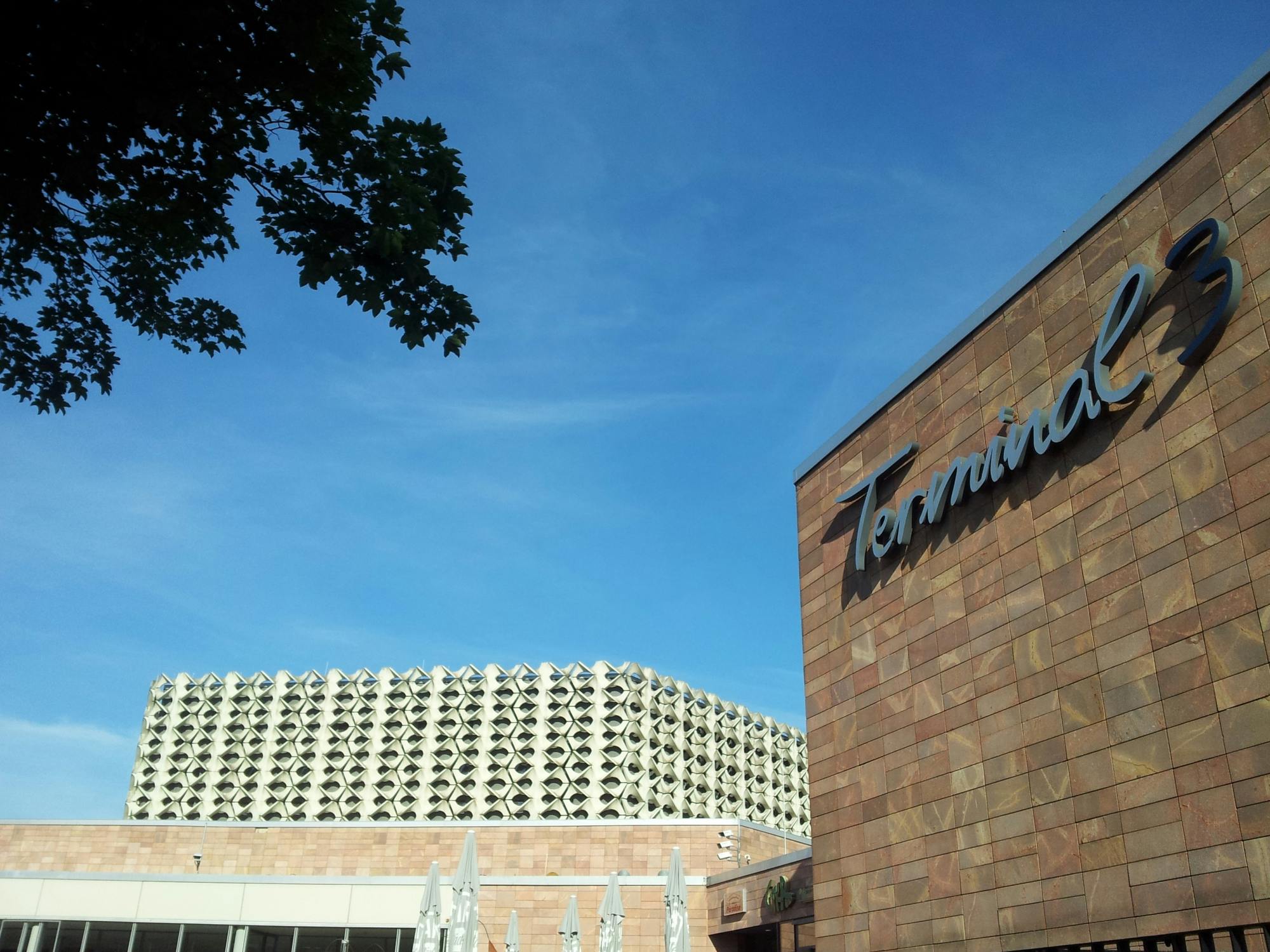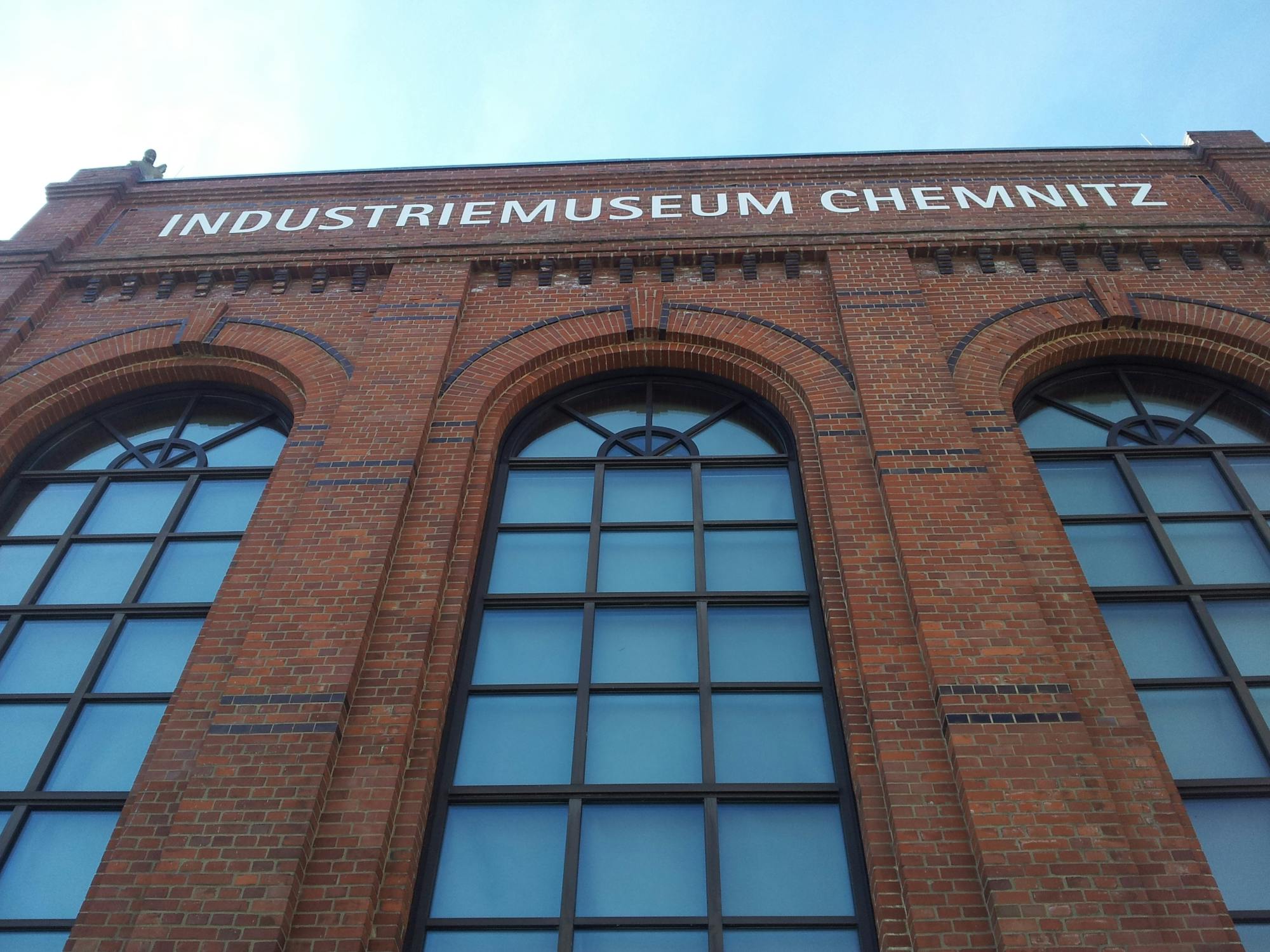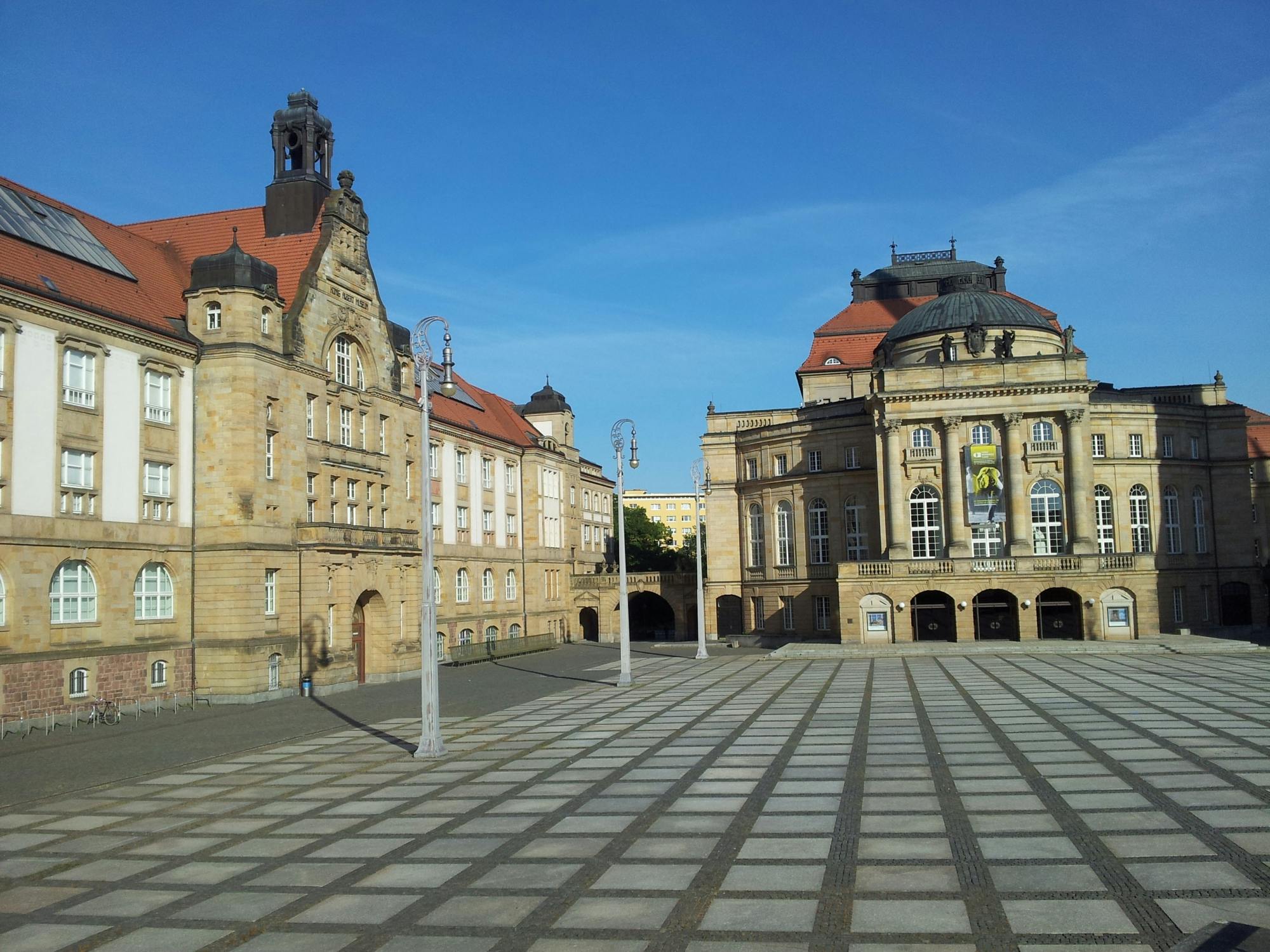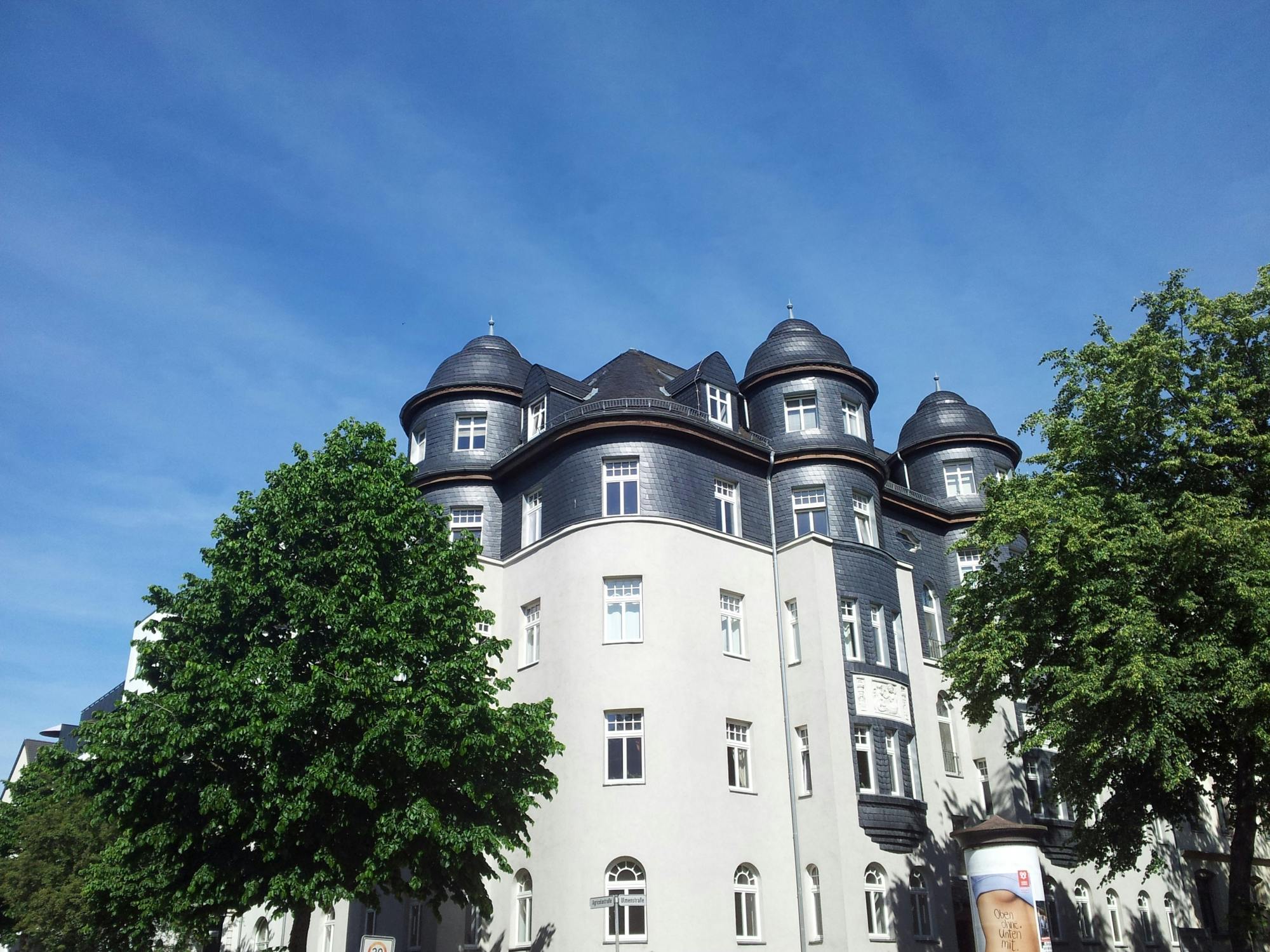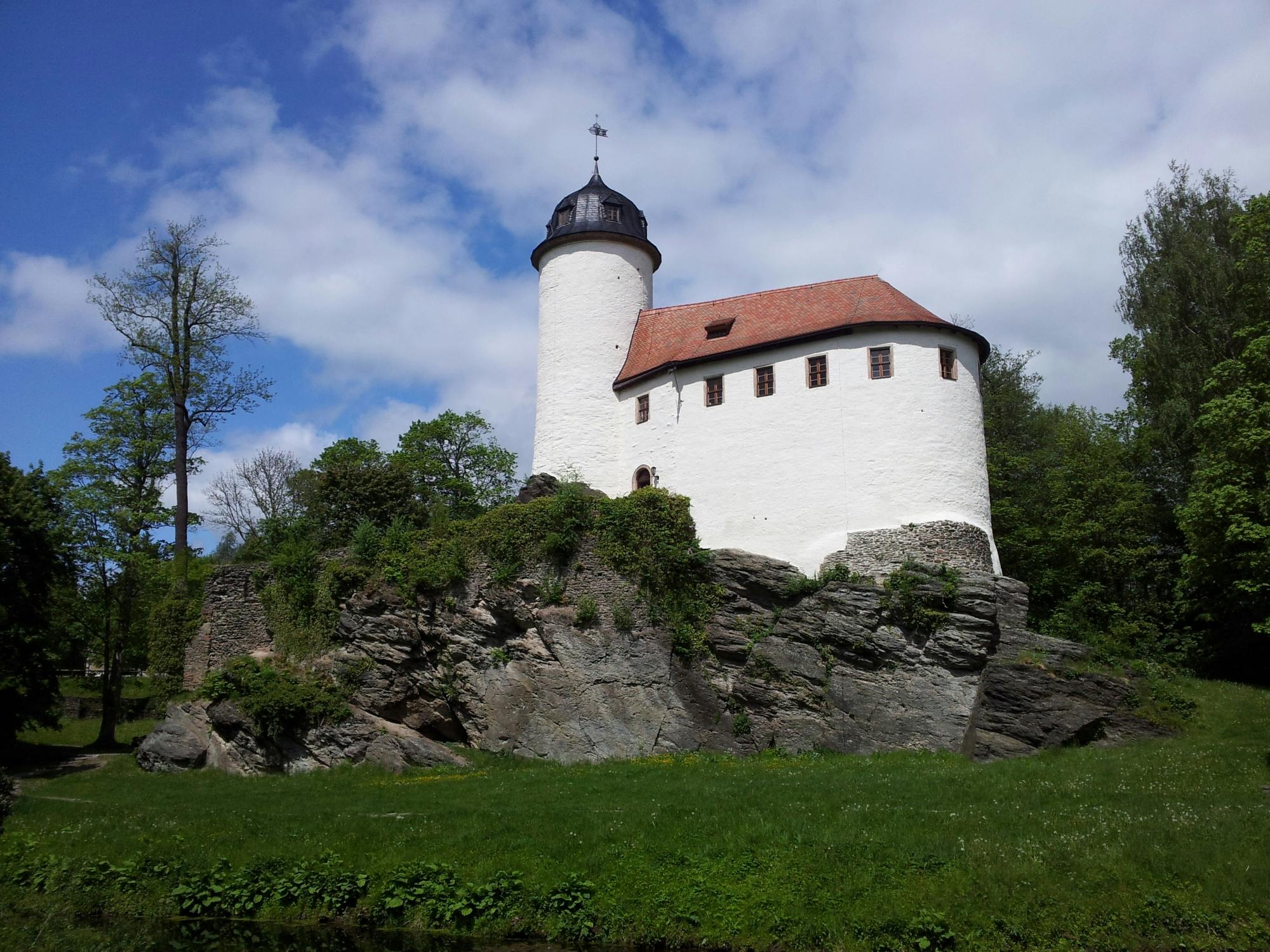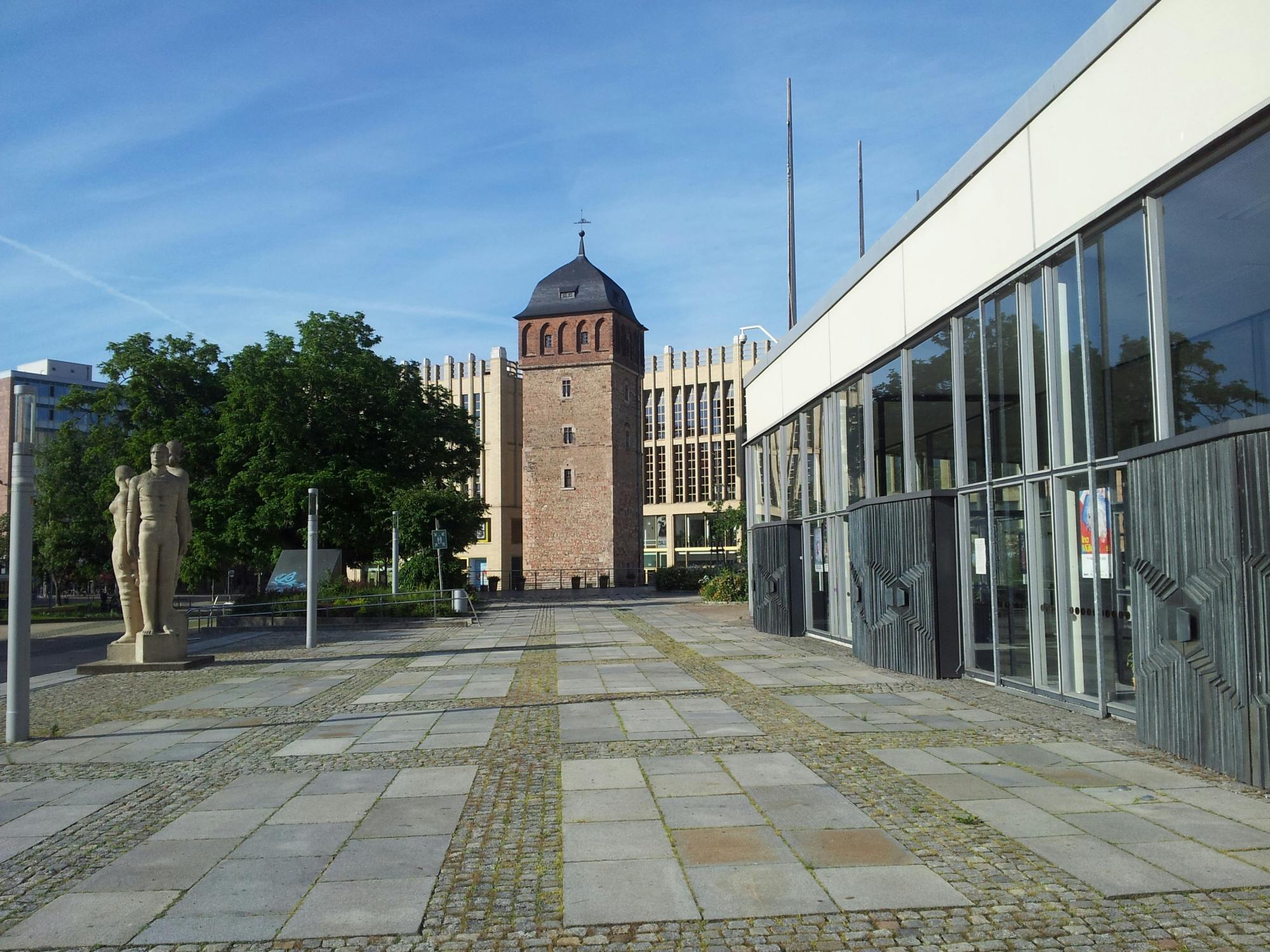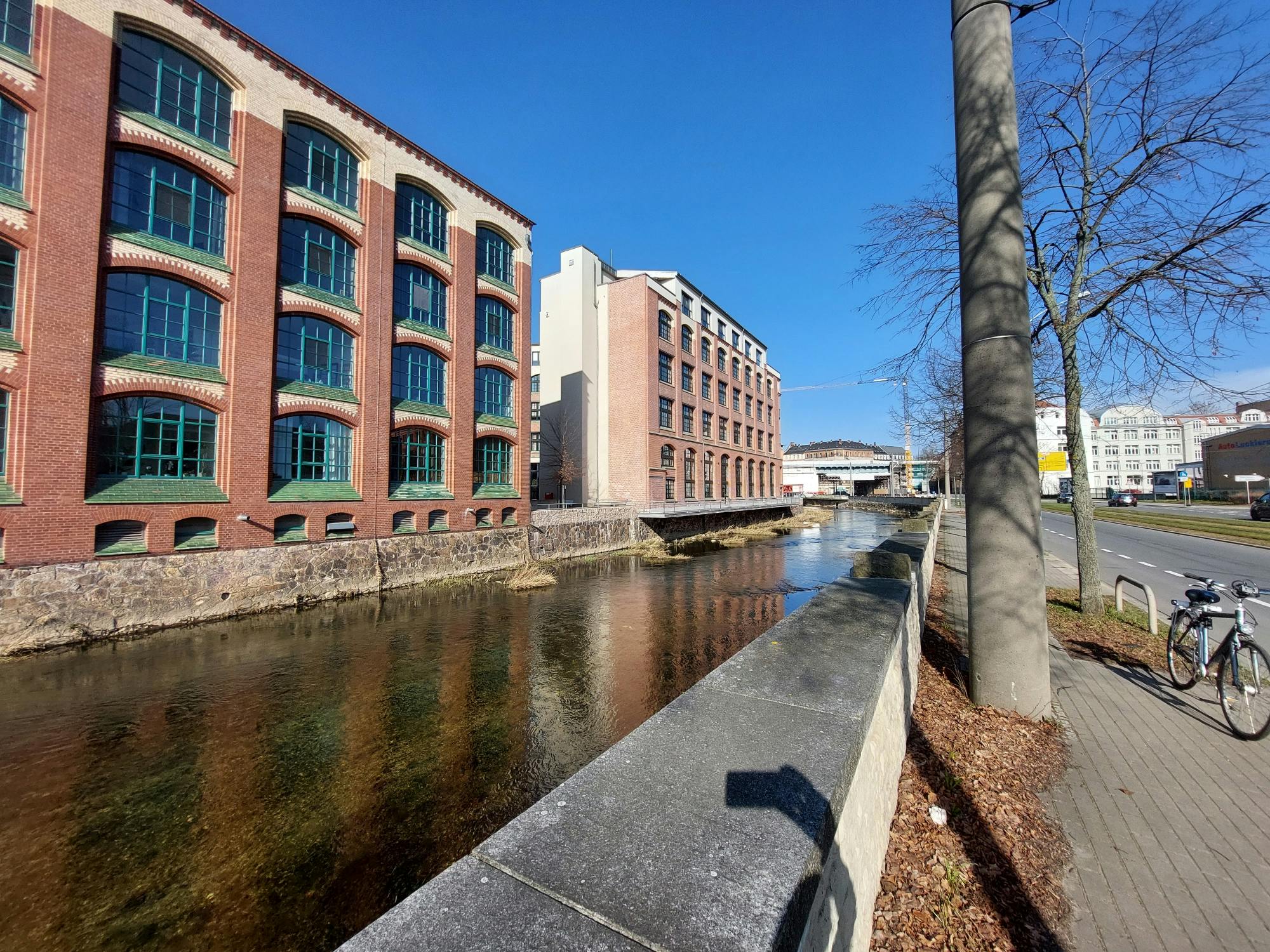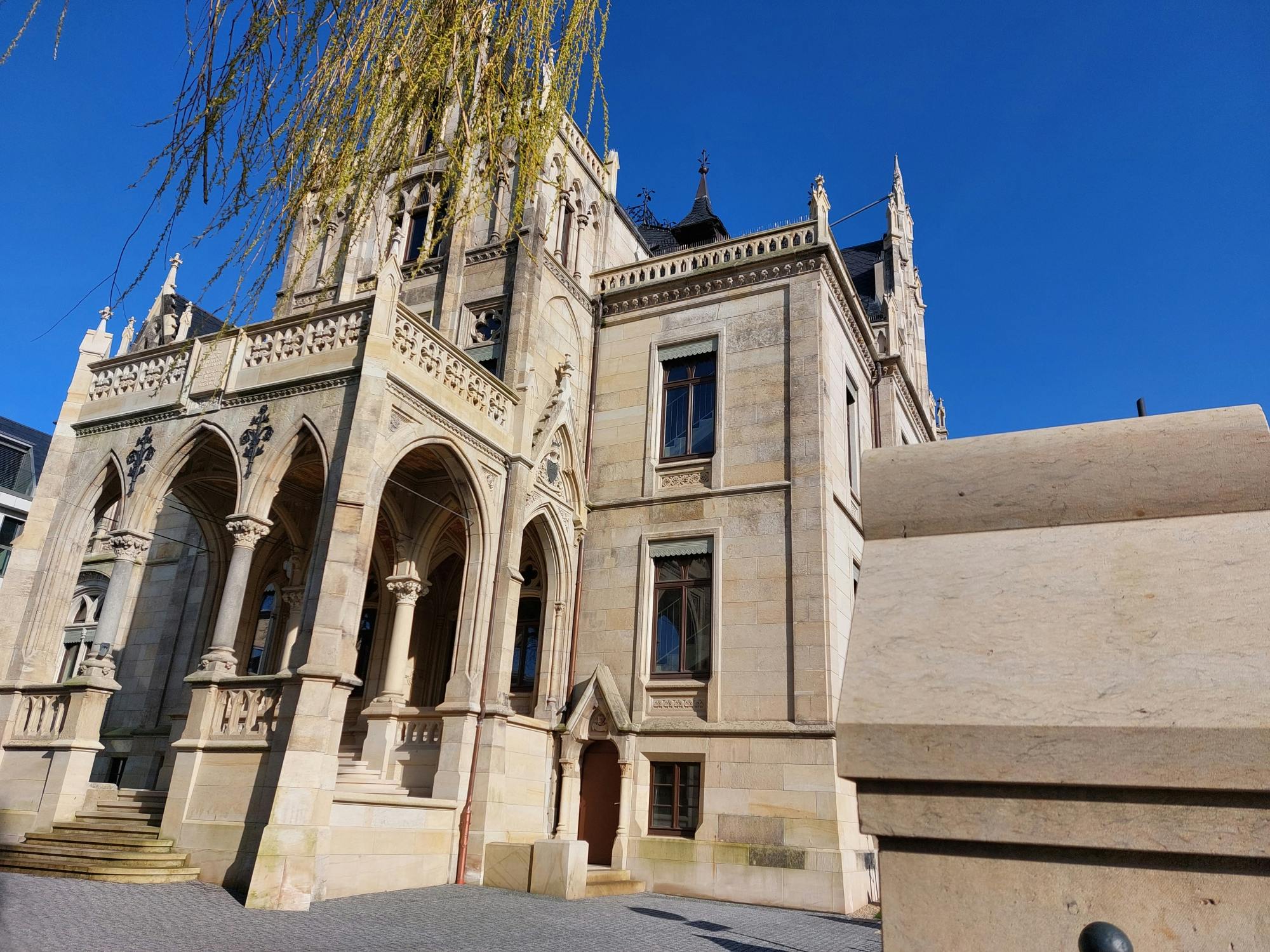Over a century ago, the Slavic settlement of Chemnitz transformed into one of Germany's most prosperous industrial cities. Known as the 'Manchester of Saxony' or 'Rußchamtz', this rapidly expanding city was characterised by its numerous smoking chimneys. Its growth was fuelled by the monopoly on linen bleaching in Saxony and the nearby mining activities in the Ore Mountains, which fostered early industrial development. The advent of the spinning jenny and the steam engine from England triggered an industrial revolution, leading to the construction of everything from textile machines to locomotives, bicycles, and cars. Until the end of World War II, Chemnitz also played a significant role in the German armaments industry.
However, this marked the end of the city's ascension. Chemnitz was renamed Karl-Marx-Stadt before reverting back to its original name. Today, it is a city in search of its identity, a grounded place that offers its residents ample creative freedom while still relying heavily on industry. As the European Capital of Culture 2025, Chemnitz aims to embark on a new journey, this time in the realm of culture.

